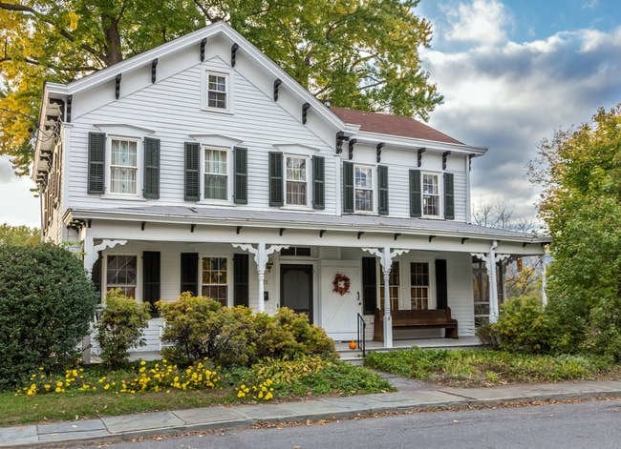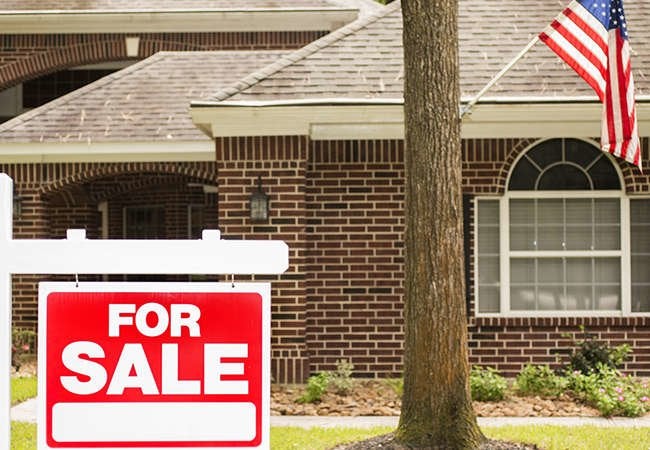We may earn revenue from the products available on this page and participate in affiliate programs. Learn More ›
It's a Heavy Time Commitment

While selling your home yourself can have its
financial benefits, it’s important to take into account the extensive time commitment required to ensure that the process runs smoothly and successfully. If you can’t manage the hours to field phone calls, stage your home, get it inspected, market it aggressively, and more, then perhaps the “For Sale by Owner” route isn’t for you.
A Pre-Inspection Can Head Off Problems
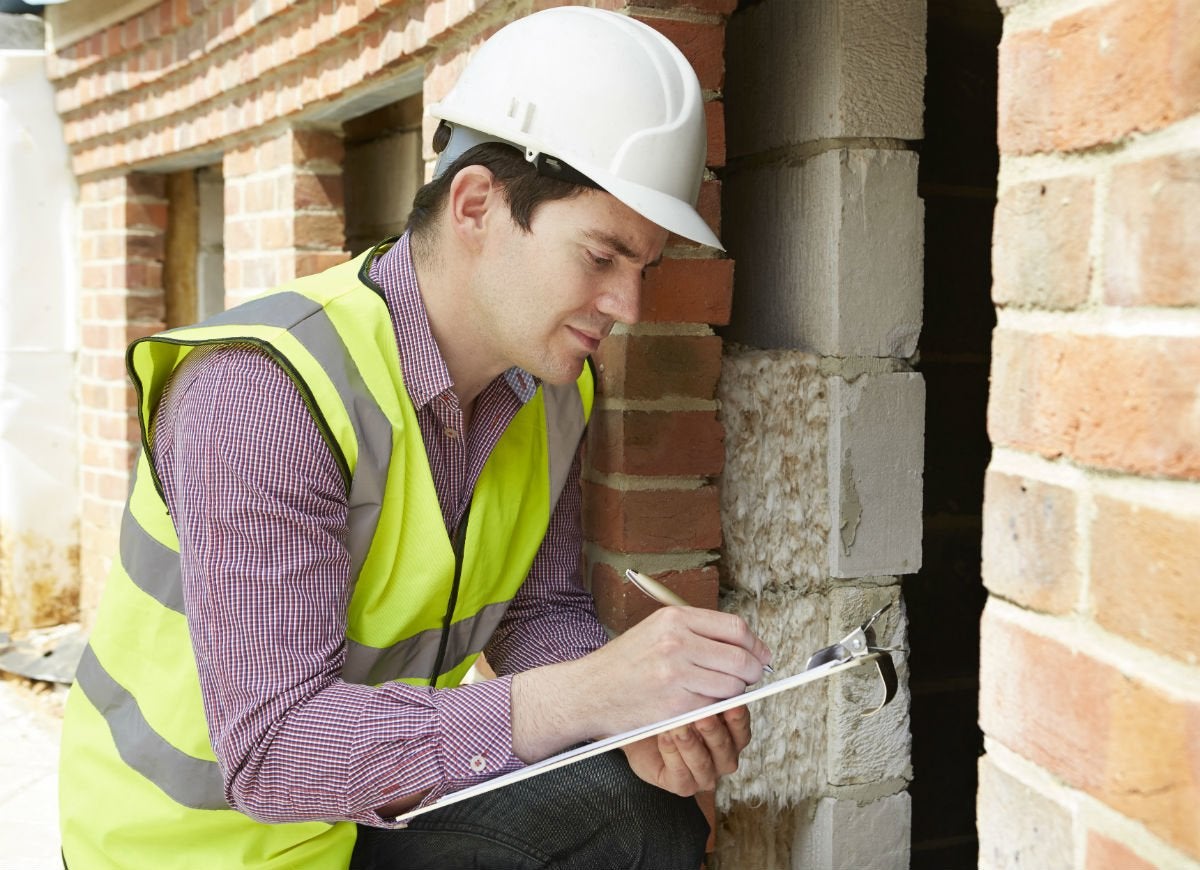
Don’t skip the pre-inspection process, as this can highlight problems that could pose a threat to the sale later on. After having a professional perform a thorough walk-though,
make as many repairs as possible so potential buyers will be more likely to be impressed by the quality and value your home offers.
You'll Need to Assess the Competition

Presale prep is crucial when selling your own home. You’ll want to start by identifying all comparable homes sold in the past six to nine months, taking note of their list prices, sale prices, days on the market, and features such as the number of
bedrooms and baths. Consider contacting a real estate professional for a free market analysis. Agents are often happy to help in the beginning, in the hopes that you’ll give up on selling the house yourself and turn to them instead.
Related: Ready to Sell? 17 Things to Do First
Good Marketing Is Key

Because more than 90 percent of home buyers shop online first, if you’re trying to sell your home yourself, you’ll need to put together a digital marketing strategy. Investing in a MLS listing may be your best bet, as it offers the most comprehensive list of real estate for sale in the United States. In addition, a few sites offer free or flat-rate listings for home sellers. And don’t overlook the power of social media—a few posts on your Facebook page featuring videos or photos of your interiors can be an extremely effective (and zero-cost) path to huge results.
You May Still End Up Paying Commission Fees
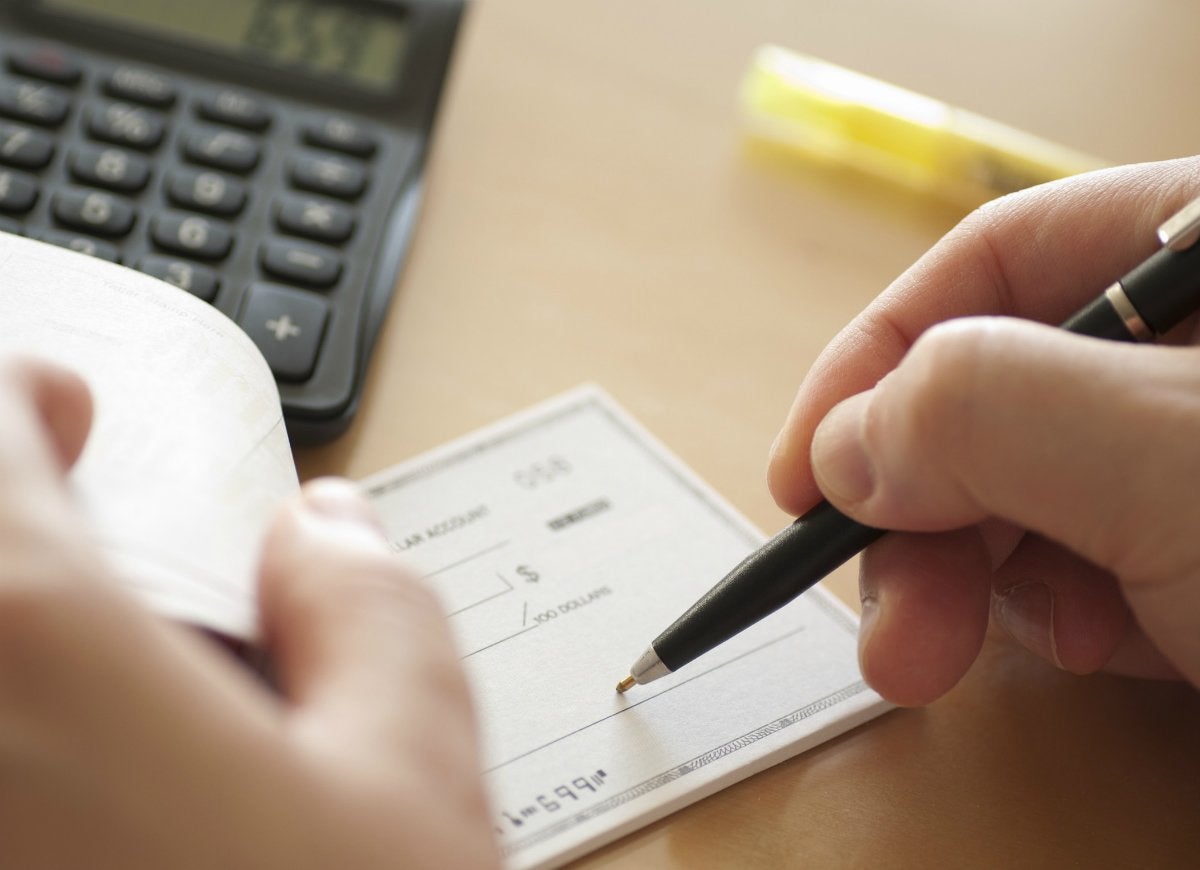
Most owners who choose to sell their homes themselves are looking to save on brokerage commission fees, figuring that the seller and buyer will be able to work out the terms of the agreement together without the involvement—or cost—of agents. But if a potential buyer is represented by a real estate agent, you (the seller) may be responsible for the buyer’s 3 percent commission fee—a consideration that you shouldn’t overlook before you decide to serve as your own agent.
Related: Find the Right Realtor: 9 Tips from Happy Homeowners
Hiring a Home Appraiser Could Help

Without a professional’s help, you may not know exactly how to price your home. Hire a certified residential appraiser to measure the property, take photos, research information about any land parcels, and assemble a list of comparable home sales in your neighborhood so that you can land on the most accurate price. In your search for an appraiser, reach out to local banks for guidance—they keep a list of reputable appraisers handy to help with the refinancing of mortgage loans. Once you receive your appraisal, have it readily available for serious buyers to review.
Showings Are Time-Consuming

Because showings can be scheduled on different days and at various times, you’ll need to keep your home clean and ready for display throughout the selling process. That includes maintaining the yard and keeping the interior pristine, organized, and staged until you get an offer. If you can’t be present at every showing, you’ll need to purchase a lockbox for agents to access while you’re away. Always verify the identities of the agents and their buyers, or of any prospective buyers looking without an agent, before allowing them into your home.
You May Not Get the Price You Want
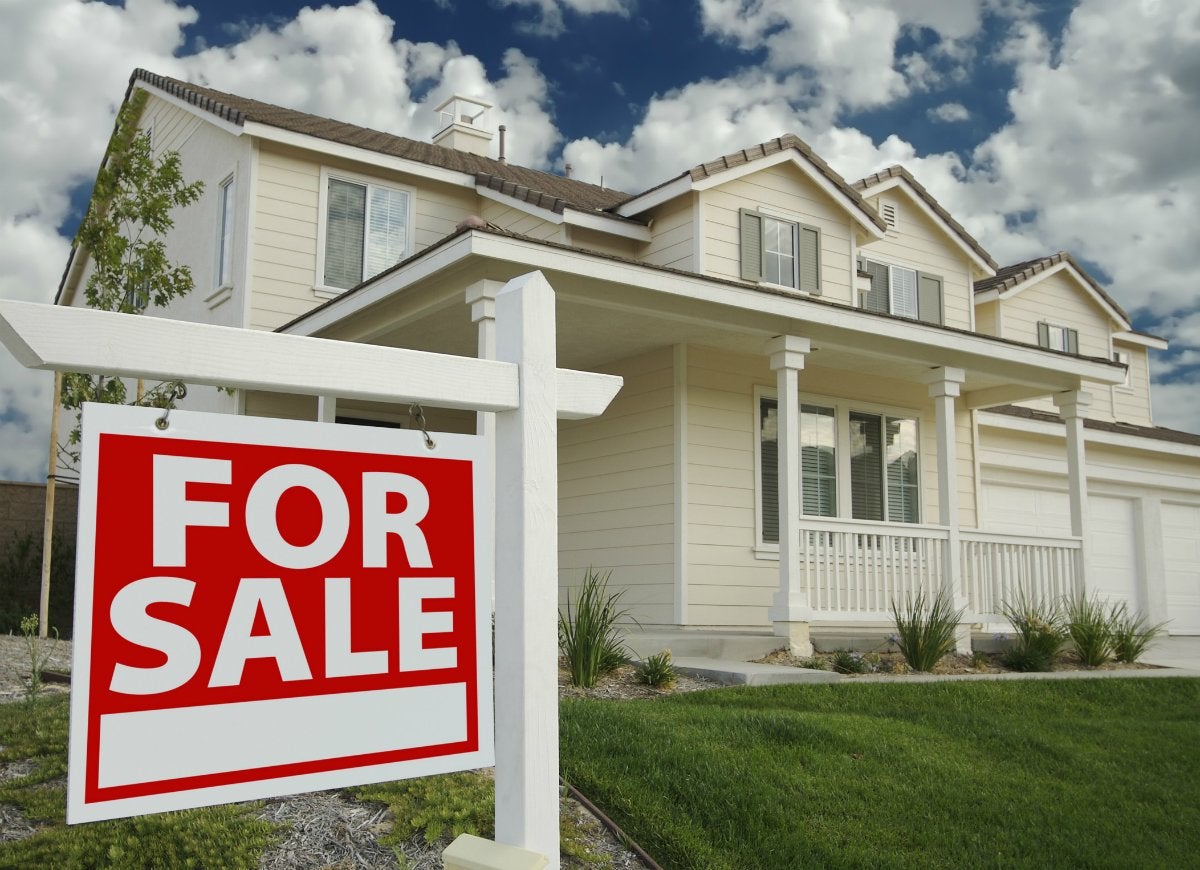
Overpricing a home is one of the biggest reasons why so many “For Sale by Owner” listings fail to sell successfully, so it’s important that you give quite a bit of thought to your bottom-line price and what you’re willing to accept. Historically, if you set your home price 5 to 10 percent above the market value, you’ll most likely end up with an offer close to your home’s market value.
Related: 13 Mistakes Not to Make If You Ever Want to Sell Your Home
You'll Perform Your Own Negotiations

Before embarking on selling your home yourself, understand that you’ll be heading up any negotiations—including the official offer and any counteroffers. If you really don’t feel comfortable handling the legal proceedings, have the documents reviewed by an attorney or contact a real estate agency to see if they will handle the contracts for a flat fee.
The Work Doesn't Stop When You Receive an Offer

You’ve received an offer, but do you know what comes next? Become familiar with the process that kicks in after you accept, starting with collecting the earnest money and depositing it in an escrow account with the title company. The purpose of this deposit is for the buyers to show good faith to the seller and demonstrate that they’re serious about making the purchase. This initial step also protects the seller if the buyers change their mind or breach the agreement by walking away without due cause.





